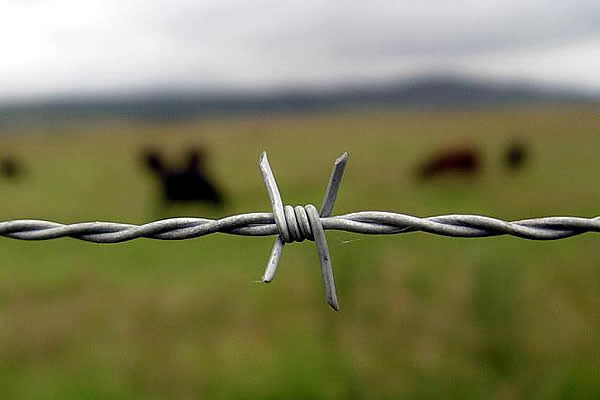 TEL:
+86-13102802206
TEL:
+86-13102802206
 Email:
fencenetting@china.com
Email:
fencenetting@china.com
 Language
Language
 TEL:
+86-13102802206
TEL:
+86-13102802206
 Email:
fencenetting@china.com
Email:
fencenetting@china.com
 Language
Language


Industrial Mesh Fencing A Comprehensive Overview
Industrial mesh fencing has become an essential component in various sectors, offering security, safety, and durability. This type of fencing is commonly used in industrial environments, including factories, warehouses, construction sites, and other areas where defined boundaries are crucial for operational efficiency and safety.
What is Industrial Mesh Fencing?
Industrial mesh fencing is designed using a network of interconnected wires that create a robust barrier. Typically made from materials such as steel or welded wire, this fencing is created through a process that involves welding or weaving. The resulting mesh panels can come in various sizes and gauges, making them versatile for multiple applications. The design provides visibility while maintaining strength and security, making it an ideal choice for areas that require monitoring while still ensuring protection.
Key Features and Benefits
1. Security One of the primary purposes of industrial mesh fencing is to deter unauthorized access. With its durable construction, the fencing can withstand physical attacks, making it difficult for intruders to penetrate. Many options also include features like barbed wire or razor wire on top of the fencing for enhanced security.
2. Visibility Industrial mesh fencing allows for a clear line of sight, enabling security personnel to easily monitor the premises. This transparency can also help to prevent accidents, as it provides a clear view of the activities taking place within and outside the fenced area.
3. Durability Industrial environments can be harsh, with exposure to weather elements, chemicals, and physical abrasion. Mesh fencing is designed to endure extreme conditions, offering longevity and low maintenance requirements. Many manufacturers treat the fencing with galvanization or powder coating to enhance its resistance to corrosion.

4. Versatility Mesh fencing can be customized to meet specific needs. Different heights, thicknesses, and mesh sizes are available to accommodate various security requirements. This versatility makes it suitable for a wide range of applications, from perimeter security to enclosures for storage yards and equipment.
5. Easy Installation The modular nature of mesh fencing panels makes installation straightforward. They can be easily adjusted to fit different layouts and can be installed quickly, minimizing downtime during setup.
Applications of Industrial Mesh Fencing
The applications of industrial mesh fencing are numerous. In manufacturing facilities, it protects sensitive areas and restricts access to hazardous zones. In construction sites, it helps secure the location from unauthorized personnel or theft of equipment. Additionally, logistics and distribution centers utilize mesh fencing for storage areas, ensuring inventory remains secure.
In agricultural industries, mesh fencing can help protect livestock or manage crop storage areas, allowing farmers to define their boundaries effectively. Similarly, in waste management, it can prevent animals from accessing landfills while providing a clear separation from neighboring properties.
Conclusion
Industrial mesh fencing represents a significant investment in security and operational efficiency for businesses. With its quality construction, visibility, and adaptability to different environments, it is a reliable solution for safeguarding assets and ensuring safety. As industries continue to evolve, so too will the designs and uses of mesh fencing, further enhancing its importance across various sectors. Whether for a large factory or a small construction site, the benefits of industrial mesh fencing are clear, making it an indispensable element of modern industrial operations.